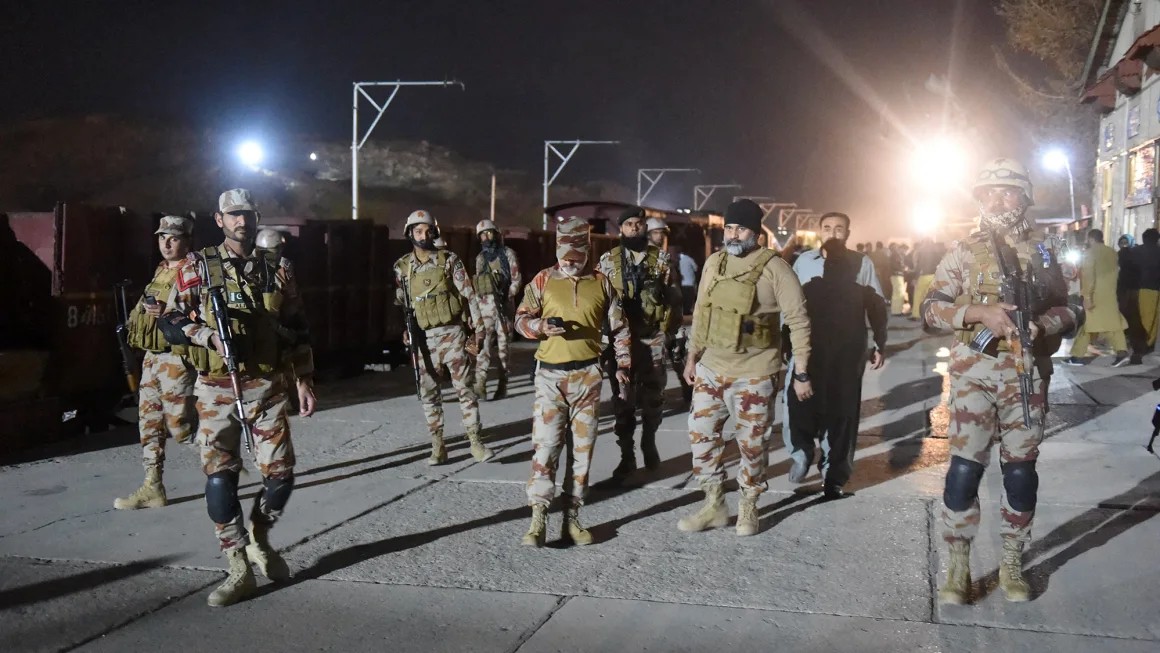Brazil’s former President, Jair Bolsonaro, has been convicted of attempting to overturn the results of the 2022 presidential election—a verdict that carries a prison sentence of 27 years and three months.
The landmark ruling, delivered by a panel of Brazil’s Supreme Court, saw four out of five justices voting to convict Bolsonaro on all charges brought against him.
The court found him guilty of plotting a coup d’état, participating in an armed criminal organization, attempting to dismantle Brazil’s democratic order through force, committing violent acts against state institutions, and vandalizing protected public property during the storming of federal government buildings in Brasília on January 8, 2023.
Prosecutors argued that the plot included plans to use explosives, chemical agents, or military-grade weapons to target key political figures, including President Luiz Inácio Lula da Silva, Vice President Geraldo Alckmin, and Supreme Court Justice Alexandre de Moraes—who also presided over Bolsonaro’s trial. Bolsonaro and several co-defendants have denied any involvement.
Federal police maintained that the former president had “full knowledge” of a coordinated effort to invalidate the election results, exert pressure on the military to take control, and establish a parallel governing structure described as a “crisis management office.”
Prosecutors traced the origins of the alleged conspiracy to 2021, stating it was designed to erode public confidence in Brazil’s electoral system. Following his electoral loss, Bolsonaro is said to have incited his supporters to mobilize, culminating in the high-profile vandalism of Brazil’s presidential palace, Congress, and Supreme Court on January 8.
In delivering the first vote for conviction, Justice Alexandre de Moraes declared that the accused had “committed all the criminal offenses imputed by the Attorney General’s Office.” Justices Flávio Dino, Cármen Lúcia, and Cristiano Zanin followed with concurring votes. The lone dissent came from Justice Luiz Fux, who argued that since Lula da Silva was never deposed, the case should not be within the court’s jurisdiction.
With the court’s decision, the 70-year-old Bolsonaro faces the possibility of spending the rest of his life behind bars. He is also barred from contesting public office for the next eight years. Defense attorneys are expected to appeal, but once the appeals process is concluded, the ruling becomes enforceable.
Trial Sparks National and International Reactions
The verdict has intensified political divisions within Brazil, particularly as the country heads toward its next general election in 2026. Over the weekend, thousands of Bolsonaro’s supporters marched in protest, coinciding with the nation’s Independence Day celebrations.
Reacting to the court’s decision, Bolsonaro’s eldest son, Senator Flavio Bolsonaro, lashed out at Justice Moraes, stating:
“Under the pretext of defending democracy, the pillars of democracy were broken to condemn an innocent person who dared not to bow to a dictator named Alexandre de Moraes.”
Jair Bolsonaro has repeatedly claimed that the trial is politically motivated. His position has gained the support of former U.S. President Donald Trump, who not only imposed a 50% tariff on Brazilian goods amid the proceedings but also openly criticized the court.
“I thought he was a good president of Brazil, and it’s very surprising that that could happen,” Trump said when asked about Bolsonaro’s conviction.
In a significant diplomatic development, the U.S. government, under Secretary of State Marco Rubio, imposed sanctions on Justice Moraes and several other judicial officials. Rubio also described the verdict as “unjust” in a statement posted on X (formerly Twitter), warning that the United States “will respond accordingly to this witch hunt.”
Brazil’s Ministry of Foreign Affairs responded firmly, stating the country “will not be intimidated” by external pressure.
Eduardo Bolsonaro, another of the former president’s sons, told Reuters he expects the U.S. to introduce further punitive measures against Brazilian officials, including those involved in the ruling.
While some on the Brazilian right have welcomed international attention to the case, critics warn that such actions could amount to foreign interference in Brazil’s judicial process. The administration of President Lula da Silva has strongly rejected any external involvement in domestic legal matters.
A Regional Trend of Presidential Prosecutions
Bolsonaro’s sentencing adds his name to a growing list of Latin American leaders convicted in recent years. Just last month, Colombia’s former President Álvaro Uribe was sentenced to 12 years of house arrest for procedural fraud and witness tampering—an outcome he is currently appealing. In Argentina, ex-President Cristina Fernández de Kirchner was convicted in 2022 on corruption charges related to public works contracts.
Brazil’s current President, Luiz Inácio Lula da Silva, also has a history with the judiciary. He was found guilty of corruption and money laundering in 2017 and served over a year in prison before the conviction was annulled, allowing him to return to public office.
As Brazil digests the implications of the Supreme Court’s ruling, the country remains deeply polarized, with legal, political, and international repercussions likely to reverberate well beyond Bolsonaro’s personal fate.











